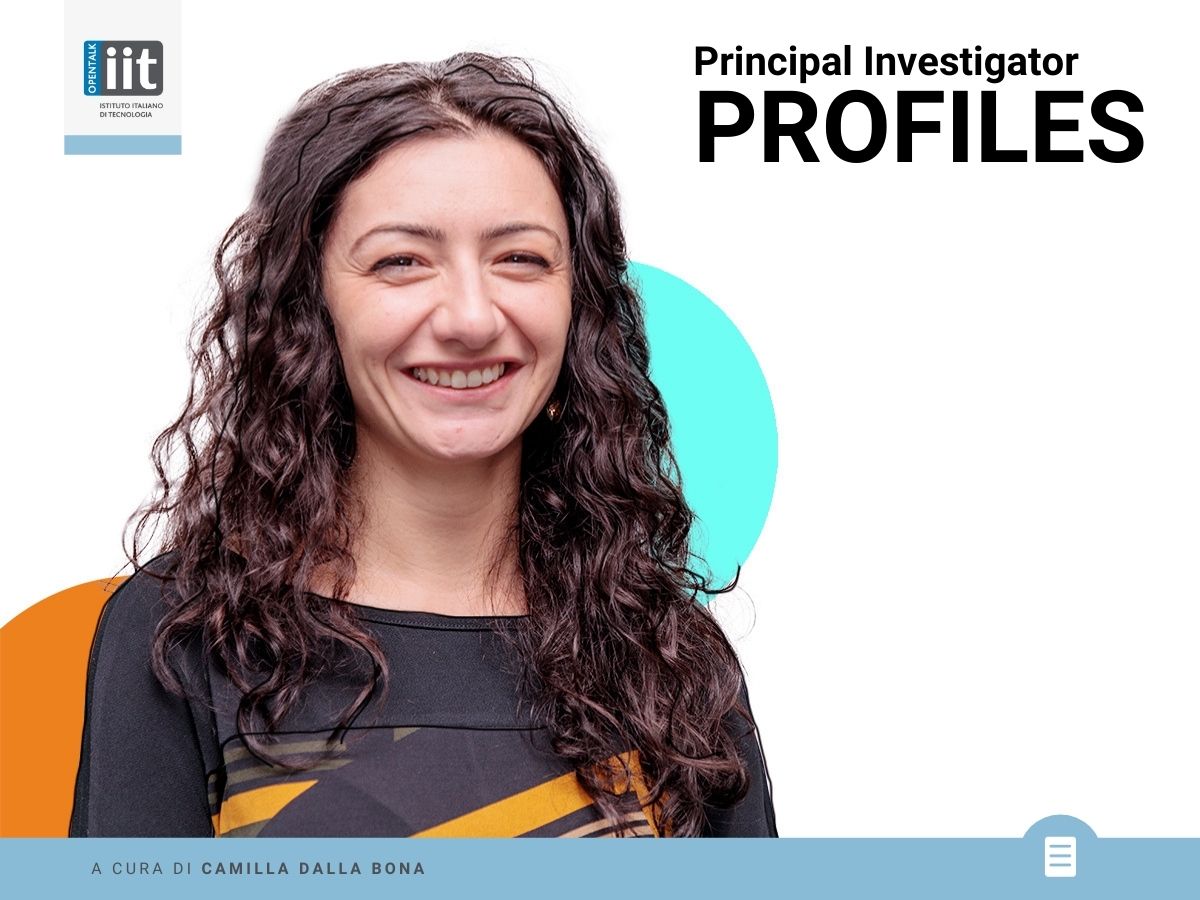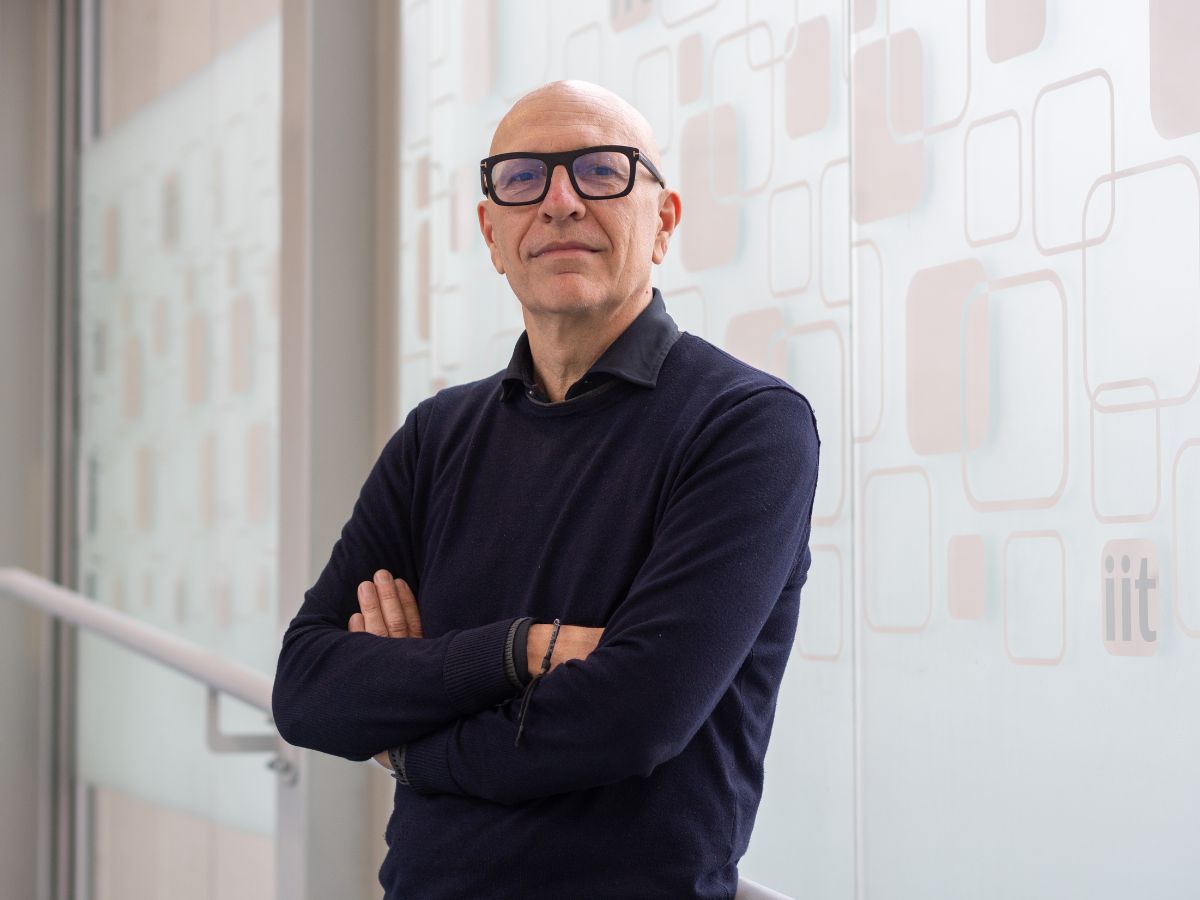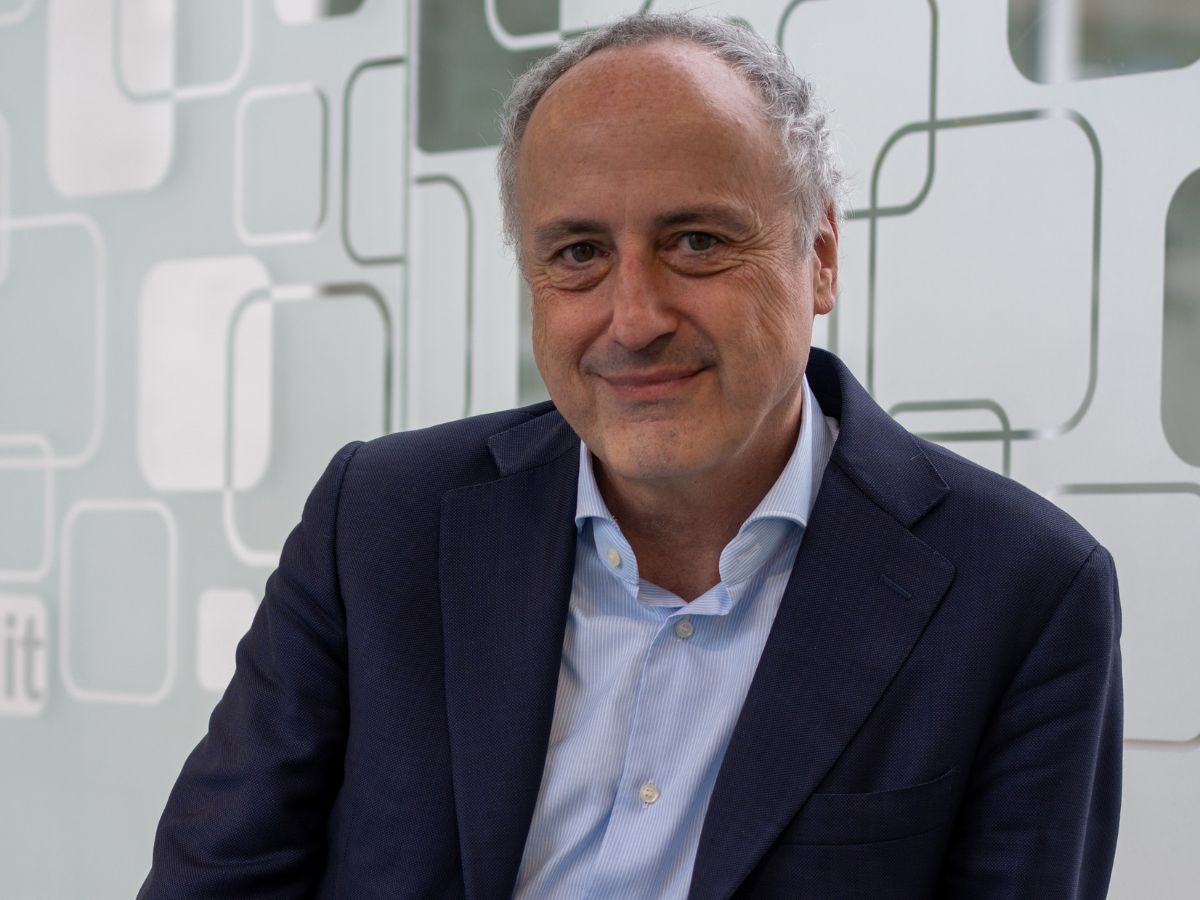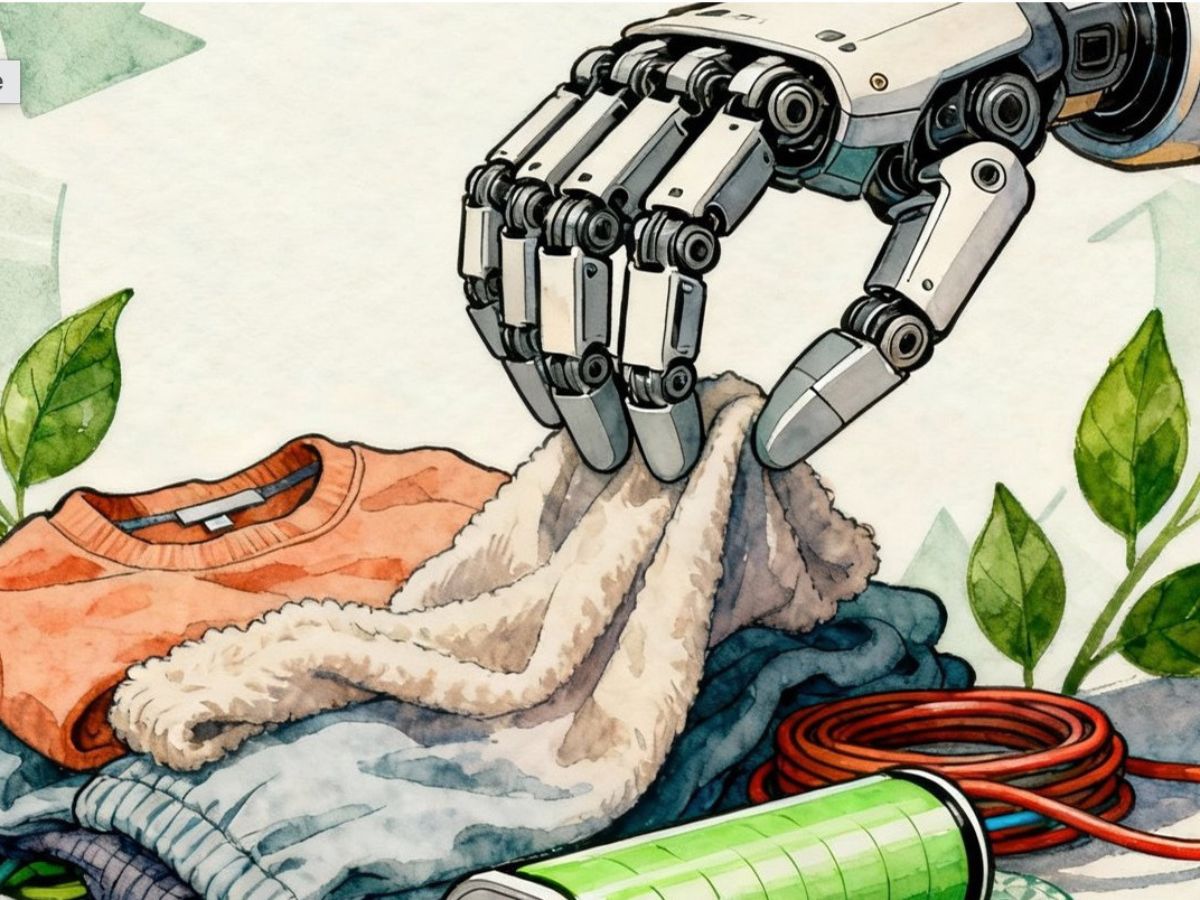Interview with Velia Siciliano, coordinator of the IIT Synthetic and Systems Biology for Biomedicine research line
Name: Velia
Surname: Siciliano
Place of birth: Naples
Position: PI, Synthetic and Systems Biology for Biomedicine
What does your research team do? My group works on developing new therapies that are based on the modification of immune cells such as T cells. We do so by using synthetic biology, a bioengineering discipline that is inspired to look at the cells as calculators. So, with genetic modifications we can improve their functionality, or limit their distress. Along these lines, we also work on the foundations of engineering system to exert tight control of gene expression, which is essential to develop safe therapies!
When you were younger, was this the job you had in mind?
I believe it has always been this! When I was a little girl, I used to play with a microscope, and pretended to write long reports about what I was observing, mainly cigarette ashes or some other glasses coming with the microscope. At some point I was debating whether to be a Vet instead because I love animals, but the excitement when I watched labs at the TV was really high. So, I went for it.
If this wasn’t your current job, what would you have liked to do?
I am also passionate about political sciences, and I always dreamt to specialize in this field to go volunteering around the world.
That time you would have wanted to drop everything and do something else:
Maybe you asked for “times”! It happens so often. In life science I guess we spend more time to figure out why an experiment does not work rather than anything else. It happened to me towards the end of my PhD, and during the postdoc. But I never really looked into alternatives. So over time I learnt to focus on multiple projects rather than one only, to keep high the chances to have a reward for the hard work!
“Publish or perish”. How does the pressure to publish influence your days and your professional choices?
Almost daily. I am not sure whether this comes with the stage of the career, but I don’t think so. We all face the huge competition, the importance of publishing in high IF journals. Sometimes it feels unbearable, because you need to find the right balance between your interests, and what it also very catchy. Perhaps when you are more established, you can manage better this pressure (or at least I love to think so). In addition, being very self-critical does not help to alleviate the pressure…
When did you realise you were going in the right direction?
As for the “dropping”, there is not a specific time of realization. It is more a step-by-step process, where you look back at what you achieved (and you balance it out with the sacrifices you had to make) followed by what next is coming for you. Bur definitely, if I succeeded to do what I really like, and coordinate a group with ambitious projects and ideas, it’s not just the right direction, it’s THE direction.
What is your next goal?
I have two goals. First, I was awarded with an ERC starting grant which just started. The idea is to engineer T cells with synthetic circuits that are able to overcome some dysfunctions. This would lead of stronger antitumoral and antiviral therapies. And I really want to make this to work out.
The second goal is to expand the synthetic biology knowledge and community. Italy is somehow still beyond most of countries in terms of investing in such a discipline, and it’s a pity.
What is the toughest aspect of your job?
To keep it up in spirit when things do not work as we’d want to. Also, I feel responsible for the people working in my group. And, to balance personal life with work.
Senior researchers necessarily have to deal with many bureaucratic aspects. Apparently, this aspect does not fit well with the research activity. How is that for you?
Yes, the bureaucracy is a killer, and takes way too much of our time. I try to closely work with the admins to smooth things up. Efficient admins and technicians are essential.
Who would have to invest more in research compared to what it is done today?
Everyone in the hotspot of Education, Public funding and Private funding.
I feel the power of education is often underestimated. As a consequence, there is also a scepticism towards scientists. This is a first gap to fill. Then, if governments do not understand the critical importance of investing in research, we will never move fast. Hopefully, the tragedy we are experiencing today with COVID-19 will be a warning for the future attention the government will pay to research.
Do people talk about science outside the labs and the academic world?
People from science always talk about science! Not quite the same for the people outside research. To me it means that it is seen as something way too far from daily life. That’s why I believe that education plays a crucial role.
Who gave you the most important advice during your journey?
I was lucky enough to get many from important people. My PhD mentor Diego di Bernardo is still the person I ask advices to. My dad instead told me what became my “mantra” when I was starting my studies and I was worried that finding a career path in science would be very difficult: “you will make it because you are too stubborn”.
It’s true, I am stubborn indeed.
What would you say to the younger you finishing his PhD?
“keep it up, you can do it but it’s a long way to go! It will be stressful, scary and fun!”.
Is working in different countries essential for a researcher?
Well, I have a general opinion for experiences abroad that go beyond the science path. I believe that everyone would benefit from spending a period of their life far from their city and even country. It helps broadening their mind, and it reduces the fear of the “different”. Also, you get to learn a lot of how other people with different mind-set approach to the same problem. To me, living and working in US at MIT and UK at Imperial College London was an essential part of my growth as a scientist and as a person. For a researcher, I feel it can really make a difference because you get contaminated with different sciences, create new collaborations and increase interests beyond your area of research.
You can improve one aspect of research in general. Which one would you choose?
Dedicating the right time to the different tasks. Very often admin chores take so much of my time that I don’t have quite enough to read and study science.






